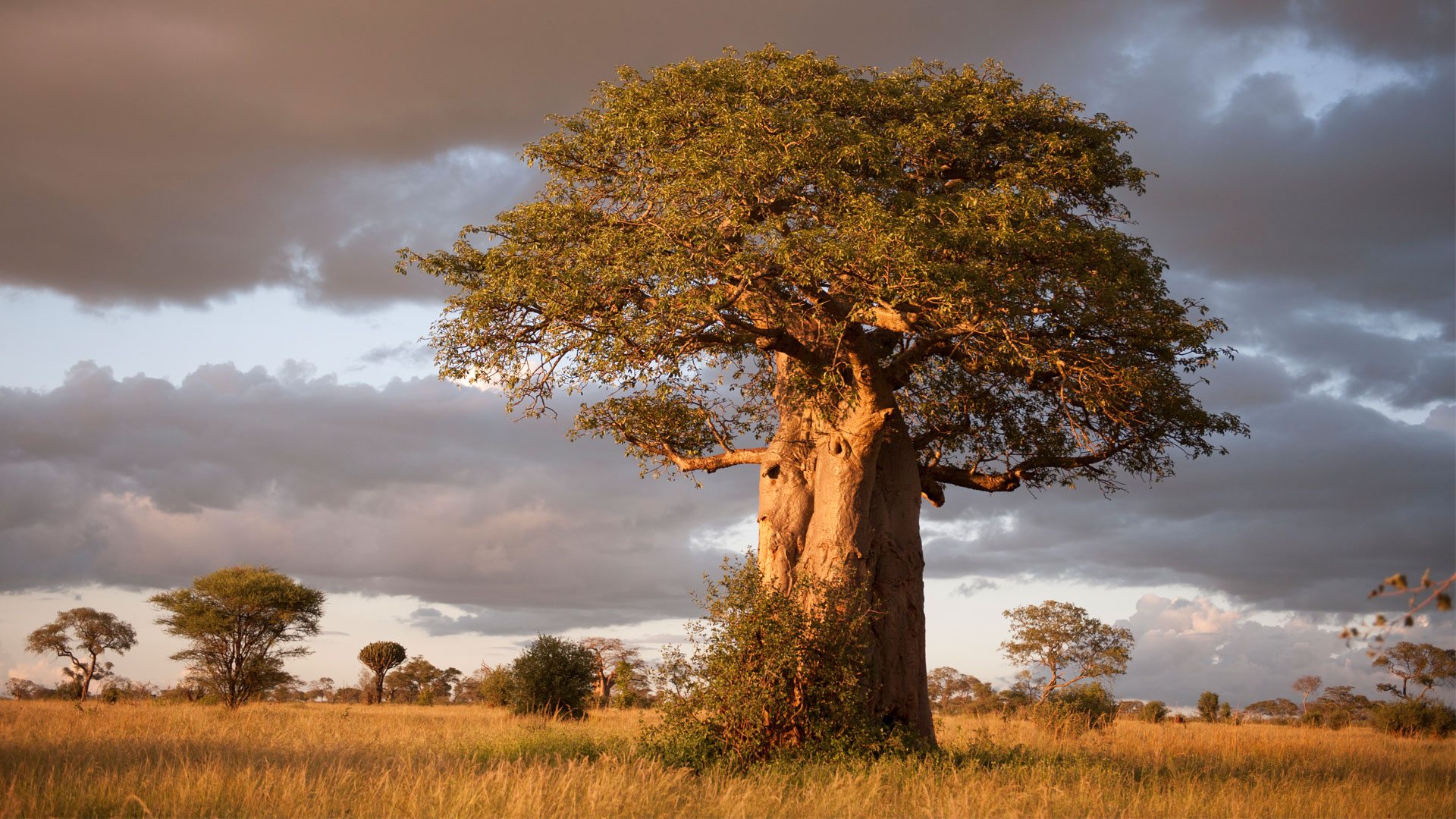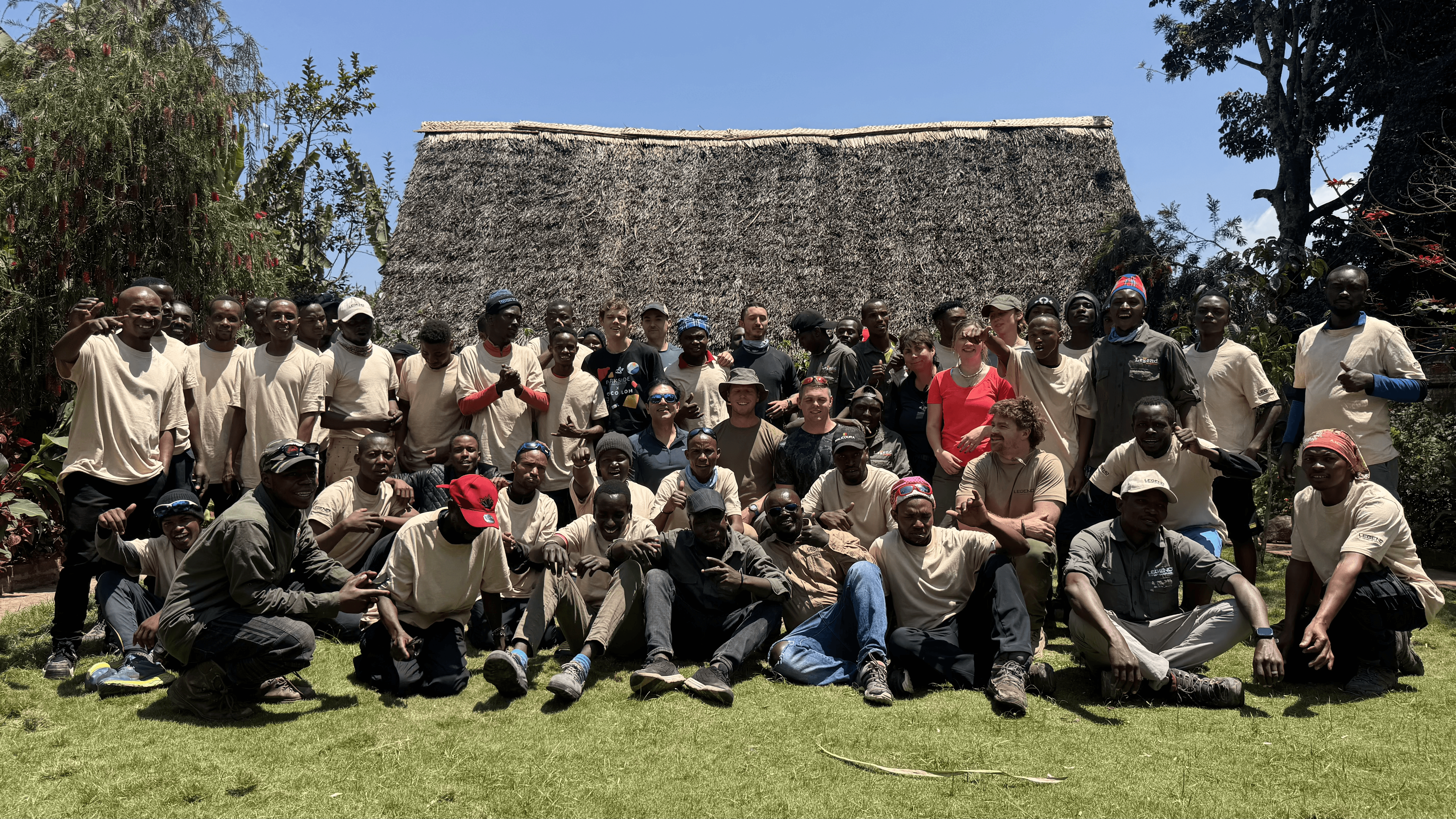CREATE YOUR LEGEND IN 2026 | SECURE YOUR PLACE WITH JUST £100 DEPOSIT | PAYMENT PLANS AVAILABLE
OVERVIEW
At Legend Expeditions, we often say that the journey to Uhuru Peak is about more than just physical endurance; it's about cultural immersion. The stunning geology and high-altitude challenge of Mount Kilimanjaro are undeniable, but the true magic lies in the warmth and dedication of the Tanzanian people who guide you.
Published by
Jack Fleckney
While our experienced guides and support staff are fluent in English, mastering a few key Swahili words is the single best way to show respect, enhance your connection with the team, and engage with the local communities around Moshi and Arusha. For many people living in the area, Swahili is the primary—and often only—language. Making the effort truly enhances your entire expedition experience.
Here are the essential Tanzanian Swahili words and phrases you must know before starting your climb.
1. The Golden Rule of the Mountain: Pole Pole
If you learn only one phrase, make it this one. It is the mantra of every successful Kilimanjaro trekker and the most important piece of advice you will hear, repeated constantly by your guides.
Swahili Phrase | Pronunciation | Meaning & Usage |
Pole Pole | Poh-leh Poh-leh | Slowly, slowly |
Twende | Twenn-deh | Let's go / We go |
Why it matters: Pole Pole is the key to preventing altitude sickness. Your guide is trained to set this slow pace, and it is a gentle reminder to trust the process. You will hear Twende when it’s time to start trekking after a rest or meal.
2. Greetings & Courtesy: Showing Respect
A warm greeting is the foundation of every positive interaction. Using these phrases shows your appreciation for the local culture.
Swahili Phrase | Pronunciation | Meaning & Usage |
Jambo | Jahm-boh | Hello (formal, direct) |
Mambo Vipi? | Mahm-boh Vee-pee | How are things? (informal, cool) |
Niko Poa | Nee-koh Poh-ah | I am cool/fine (The most common response to Mambo Vipi?) |
Uko Poa? | Oo-koh Poh-ah | Are you cool/fine? (A quick way to ask after someone) |
Karibu | Kah-ree-boo | Welcome |
Why it matters: When a guide asks Mambo Vipi?, respond with Niko Poa! Using these conversational greetings opens the door to friendship and connection with your entire support team.
3. Camp Essentials: Fueling Your Body
Staying hydrated and well-fed is non-negotiable on the mountain. Knowing these simple words allows you to communicate your basic needs clearly and quickly to anyone on the crew.
Swahili Phrase | Pronunciation | Meaning & Usage |
Maji | Mah-jee | Water |
Chakula | Cha-koo-lah | Food |
Safi | Sah-fee | Clean / OK / Good (Used to describe the quality of water or food) |
Why it matters: Your health is our priority. Being able to ask for Maji or confirm that the Chakula was Safi is vital for checking in with your team and ensuring you stay hydrated and energized.
4. Gratitude: The Language of the Team
Our guides, porters, and cooks work tirelessly to ensure your success. Showing genuine gratitude goes a very long way and helps forge that essential team spirit.
Swahili Phrase | Pronunciation | Meaning & Usage |
Asante | Ah-sahn-teh | Thank you |
Asante Sana | Ah-sahn-teh Sah-nah | Thank you very much |
Hakuna Matata | Hah-koo-nah Mah-tah-tah | No worries / No problem (Classic, always appreciated) |
Why it matters: A simple Asante Sana when your dinner is served or your tent is set up is a powerful motivator for the crew. It transforms a service relationship into a true expedition partnership.
Ready to Start Your Swahili Adventure?
By learning these few key phrases, you are not just preparing for a trek; you are preparing for a truly meaningful cultural exchange. The difference these few words make to the mood and morale of your team is immeasurable.
If you have any further questions about our cultural immersion philosophy, the Lemosho route, or anything else regarding your Tanzanian adventure, please feel free to reach out to me directly.
Jack Fleckney
EMAIL ME | BOOK A CALL WITH ME





